OpenAI gives ChatGPT a memory: No more goldfish brain?
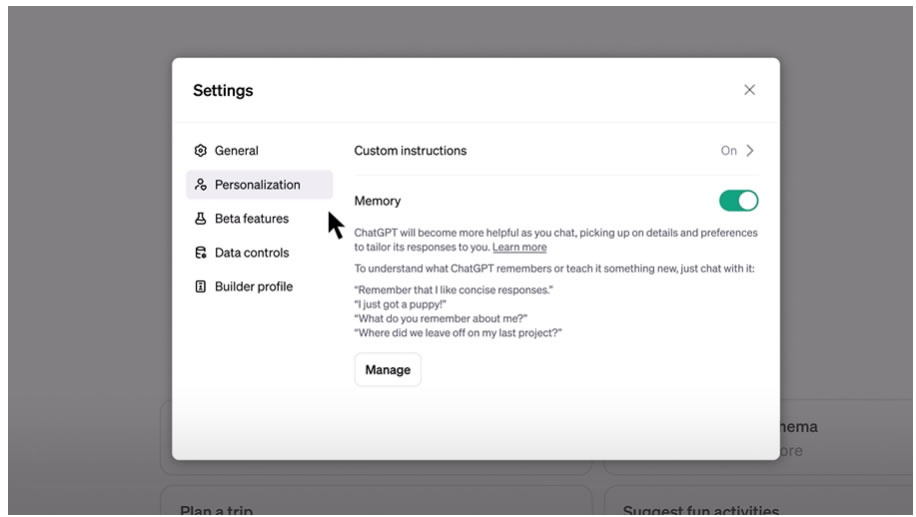
ChatGPT will be given the capacity to remember conversations so that users don’t have to repeatedly enter the same information.

Artificial intelligence firm OpenAI is giving ChatGPT a “memory,” allowing the chatbot to remember past discussions and saves users from having to repeat themselves.
In a Feb. 13 blog post, OpenAI announced that it would be rolling out the new memory feature to a “small portion” of ChatGPT premium and free users later this week, adding that plans for a broader rollout would be shared soon.
According to OpenAI, ChatGPT’s memory feature will get better over time as the chatbot interacts more with each user. The chatbot will be able to remember user preferences and previously shared details to provide more personalized and relevant responses as time goes on.
The new memory function can also be adjusted in the settings, providing users with the ability to “explicitly tell it to remember something,” ask it what it remembers, or even tell it to forget things completely.
Notably, the memory feature can also be switched off entirely. Temporary chats don’t use memory and won’t appear in history, and there are custom instructions which tell ChatGPT to remember things explicitly.

OpenAI stated that it “may use content” provided to ChatGPT, including memories, to train their large language models on an ongoing basis, but added that data collection could be disabled.
The firm explained it was working to assess potential biases with the memory feature and would aim to have it avoid remembering sensitive information without explicit user direction.
“We’re taking steps to assess and mitigate biases, and steer ChatGPT away from proactively remembering sensitive information, like your health details – unless you explicitly ask it to.”
Related: Google’s AI chatbot Bard is now called Gemini: Here’s what it can do
Additionally, OpenAI claimed that the memory feature could increase efficiency by learning work styles, formats, and preferences for its premium users. Developers will also have the option to “have their own distinct memory” for their GPT builds.
In January, OpenAI rolled out an app store for subscribers of the pro version of ChatGPT allowing users to discover and use customized AI chatbots known as GPTs for specific uses.
Meanwhile, one of OpenAI’s founding members Andrej Karpathy announced his departure from the Microsoft-backed firm.
In a Feb. 14 post to X, Kaparthy stated that he had left the firm the day prior, adding that “nothing had happened” that influenced his decision to leave the company. He explained that he would be working on personal projects following his departure.
Hi everyone yes, I left OpenAI yesterday. First of all nothing "happened" and it’s not a result of any particular event, issue or drama (but please keep the conspiracy theories coming as they are highly entertaining :)). Actually, being at OpenAI over the last ~year has been…
— Andrej Karpathy (@karpathy) February 14, 2024

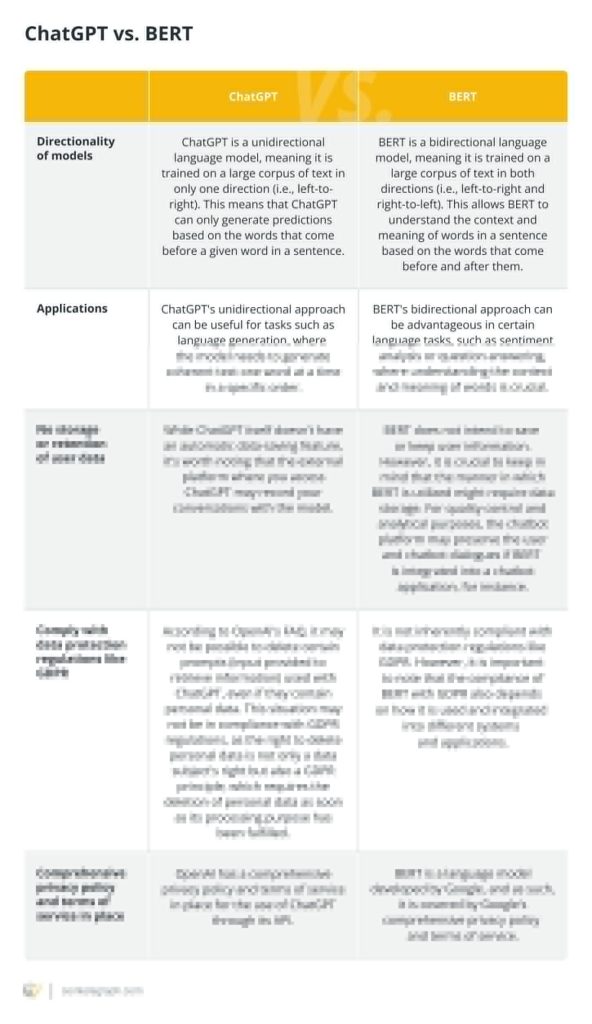
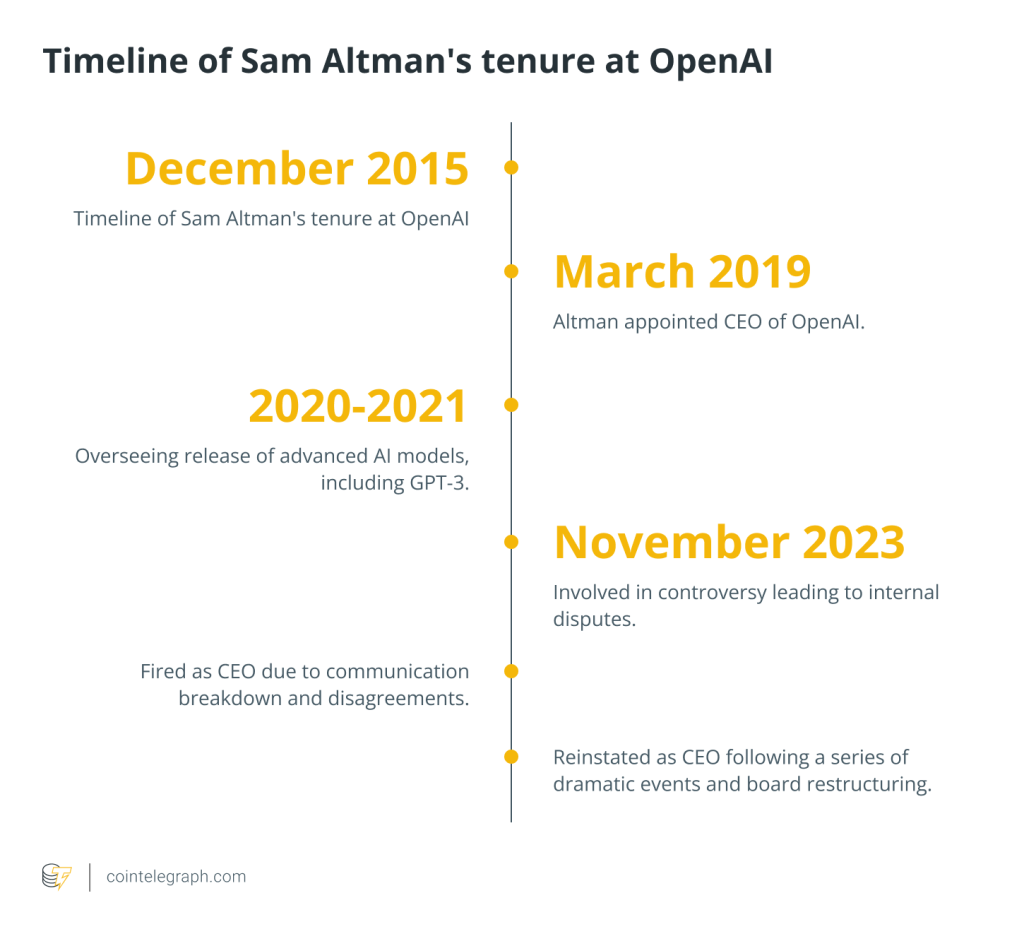
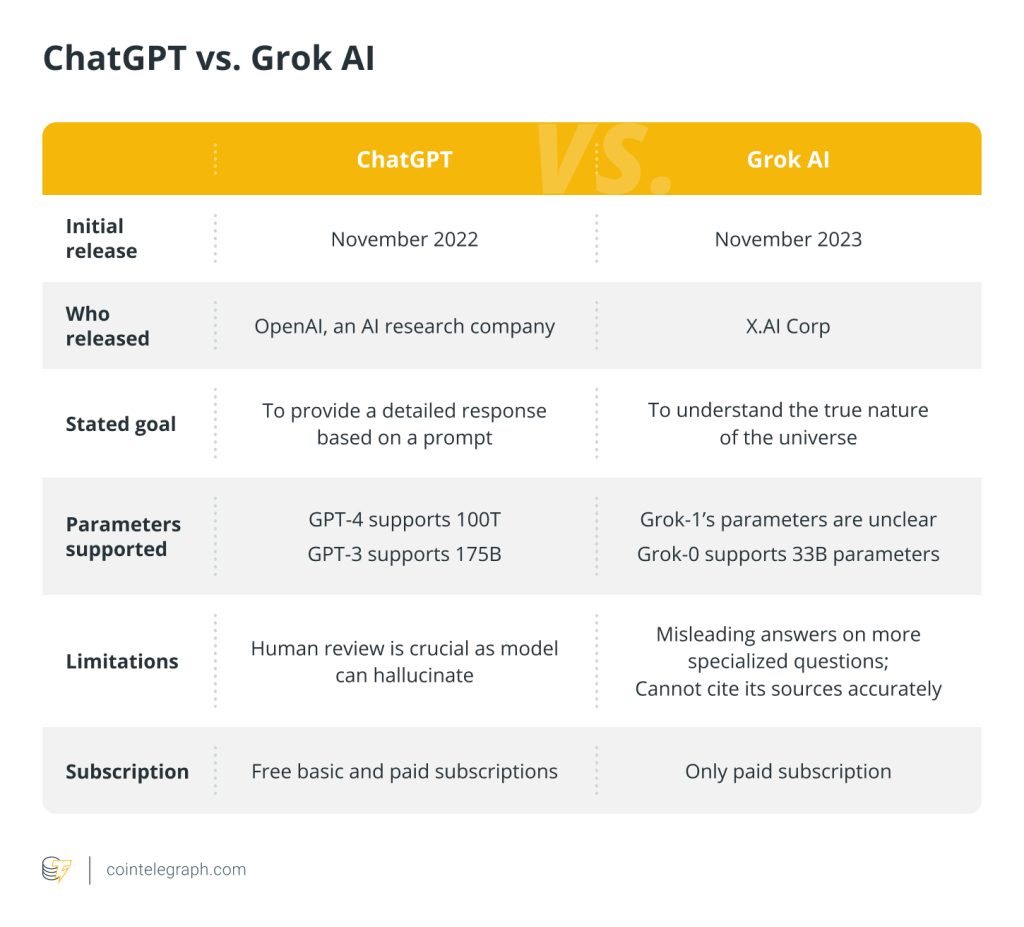
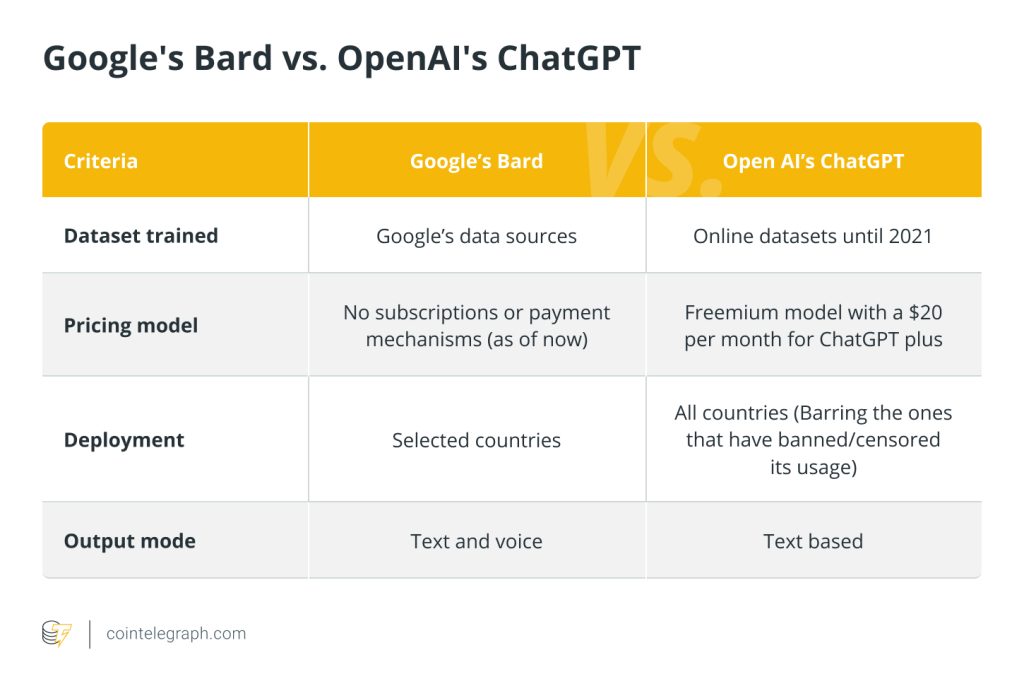
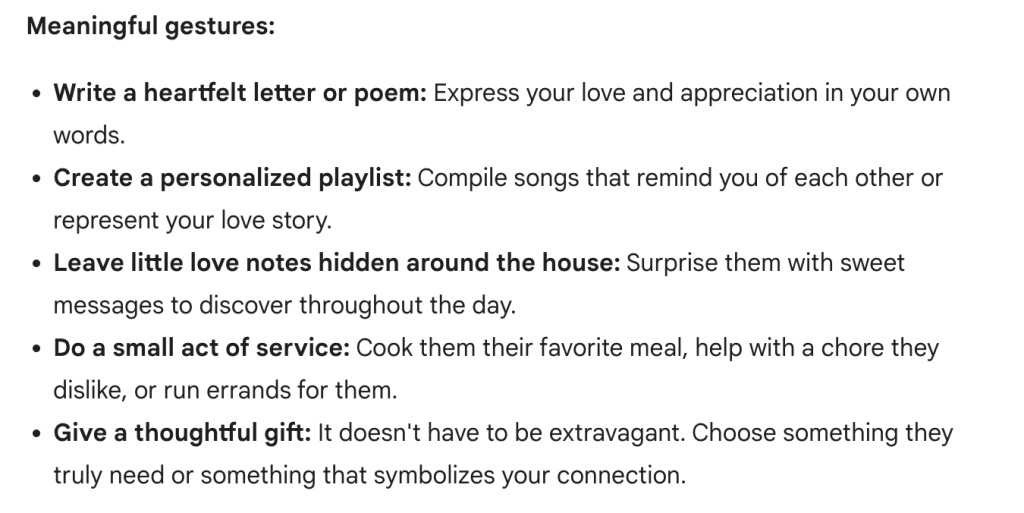
… [Trackback]
[…] Find More here to that Topic: x.superex.com/news/ai/4407/ […]
… [Trackback]
[…] Read More on on that Topic: x.superex.com/news/ai/4407/ […]
… [Trackback]
[…] Read More here to that Topic: x.superex.com/news/ai/4407/ […]
… [Trackback]
[…] Information to that Topic: x.superex.com/news/ai/4407/ […]
… [Trackback]
[…] Information to that Topic: x.superex.com/news/ai/4407/ […]
… [Trackback]
[…] Find More Information here on that Topic: x.superex.com/news/ai/4407/ […]
… [Trackback]
[…] Find More Information here to that Topic: x.superex.com/news/ai/4407/ […]
… [Trackback]
[…] Here you will find 21184 additional Information on that Topic: x.superex.com/news/ai/4407/ […]
… [Trackback]
[…] Info on that Topic: x.superex.com/news/ai/4407/ […]
… [Trackback]
[…] Info to that Topic: x.superex.com/news/ai/4407/ […]
… [Trackback]
[…] Read More Information here on that Topic: x.superex.com/news/ai/4407/ […]
… [Trackback]
[…] There you can find 69902 additional Information on that Topic: x.superex.com/news/ai/4407/ […]
… [Trackback]
[…] Info on that Topic: x.superex.com/news/ai/4407/ […]
… [Trackback]
[…] Here you will find 2391 more Info on that Topic: x.superex.com/news/ai/4407/ […]
… [Trackback]
[…] Read More to that Topic: x.superex.com/news/ai/4407/ […]
… [Trackback]
[…] Read More on to that Topic: x.superex.com/news/ai/4407/ […]
… [Trackback]
[…] Find More on that Topic: x.superex.com/news/ai/4407/ […]
… [Trackback]
[…] Read More here on that Topic: x.superex.com/news/ai/4407/ […]
… [Trackback]
[…] Find More Info here to that Topic: x.superex.com/news/ai/4407/ […]